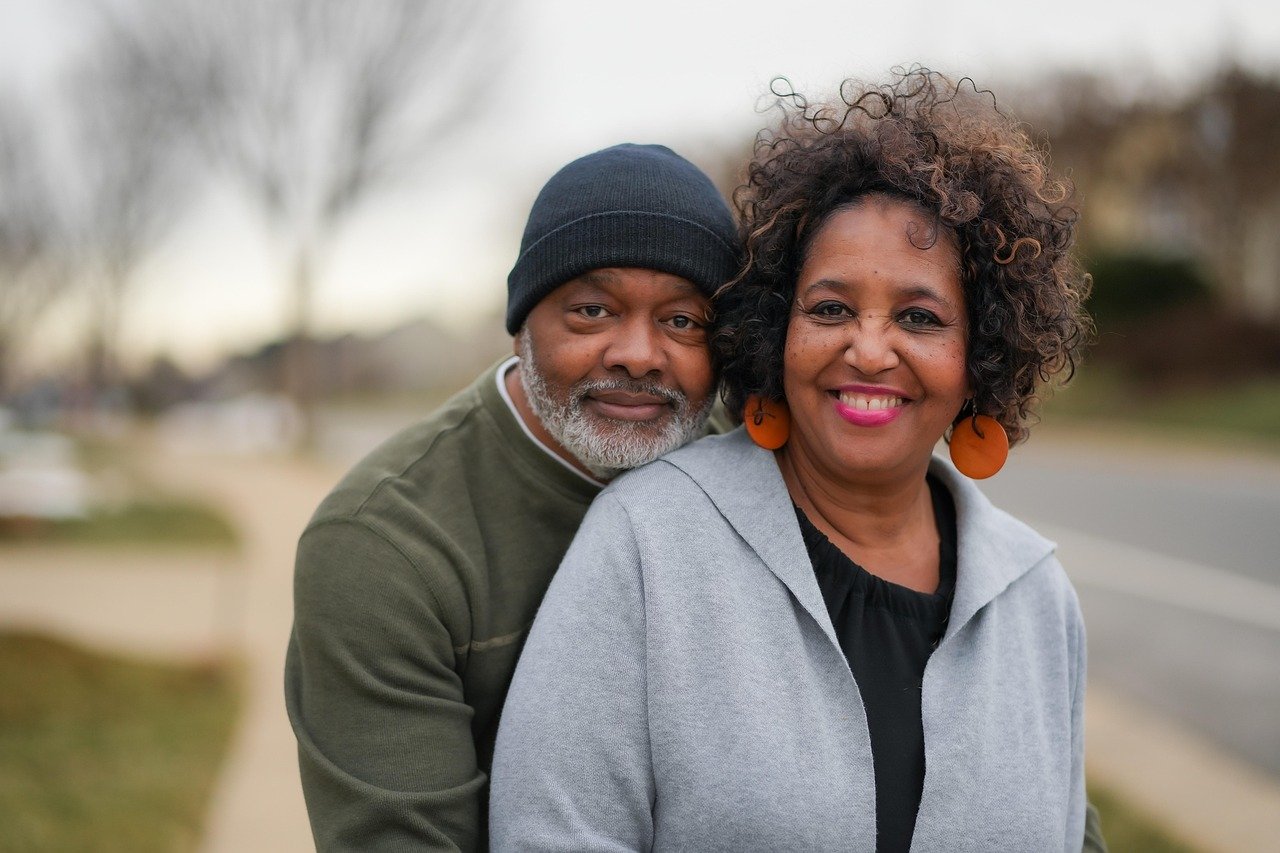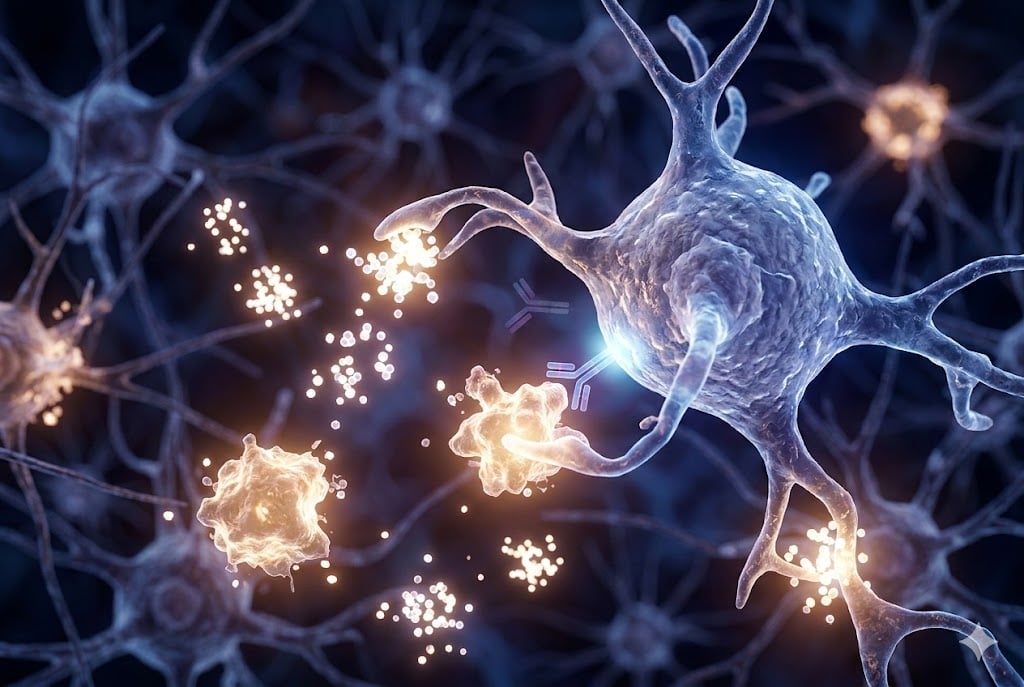
Upcoming Alzheimer’s Drug Remternetug Launches Prevention Trial
WashU Medicine-led trial evaluating investigational drug from Eli Lilly and Company aims to stop disease before symptoms arise

WashU Medicine-led trial evaluating investigational drug from Eli Lilly and Company aims to stop disease before symptoms arise

Learn the latest research at Rush University on dementia-preventing activities that keep your brain refreshingly healthy.

FOOD VIDEO: If you are concerned about Alzheimer’s, “steps should be taken to lessen human exposure to Aluminum,” according to The Journal of Alzheimer’s Disease. How? Here are some simple tips to fine-tune your diet.

See Harvard Alzheimer’s expert Dr. Rudy Tanzi and Deepak Chopra explore cutting edge research and insights on sleep’s capacity to prevent Alzheimer’s.

Replacing one serving per day of processed red meat with fish was associated with a 28% lower risk of dementia. Learn how.

DIET VIDEO:
Why the big rise in Alzheimer’s? That is one of today’s great medical mysteries.
See a provocative theory about copper & Alzheimer’s in The Journal of the American College of Nutrition.

Everyone knows we should exercise. But it’s hard. Sometimes realizing the consequences of not exercising can get us moving. Here’s a bit of really motivating research.

How much protection can frequent spatial processing tasks offer against Alzheimer’s? Researchers in The British Medical Journal investigate.

DIET:
Parvalbumin, a protein abundant in certain fish, blocks dangerous Lewy Body proteins. Learn more about it and which 4 fish are best.

RESISTING ALZHEIMER’S VIDEO: “Still Alice” author & neuroscientist Lisa Genova shares the latest science investigating dementia. See promising research on what to do to build an Alzheimer’s-resistant brain.

Dietary iron is an essential element in the brain. That’s why it is critical to understand how it affects Alzheimer’s. Researchers used advanced X-ray techniques to take a giant step forward in understanding iron chemistry in amyloid plaque, the main culprit behind Alzheimer’s. Learn more about their exciting new insights.

A deep promise to be there for an Alzheimer’s parent, this heartwarming song was written as a tribute to families facing dementia.

EMERGENCIES due to falling happen 54% more often in dementia. As a rule, 1-in-3 adults over 65 fall each year. Most falls happen at home. Make a few simple changes and prevent falls.

In gardening, people with Alzheimer’s grow fresh plants along with better thinking. It’s a pleasant way to make things easier.

The co-founder of a caregivers’ organization introduces technology he has found helpful in caring for his grandmother with dementia.

People with dementia are enjoying yoga and dance classes at the Alzheimer’s Association. See why caregivers find the classes “EXTREMELY helpful.”

Swiss researchers find that people with certain personality traits are protected against Alzheimer’s disease, including those who are less agreeable, had natural curiosity, and were nonconformists. Find out why.
No spam, only news and updates.


